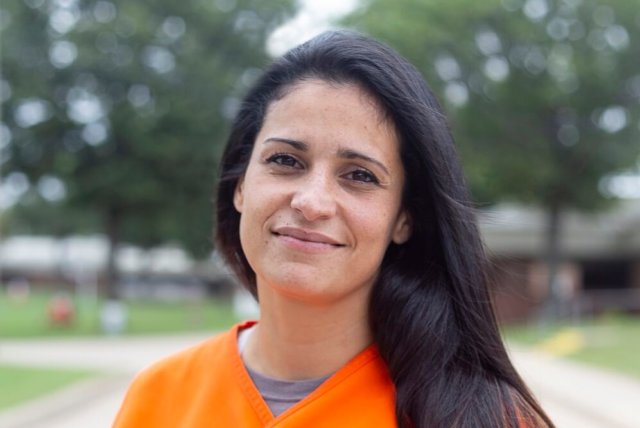
Early in my career, I worked for the Oklahoma Office of Juvenile Affairs and witnessed a level of hurt that I had never before seen. I saw the impacts on families and especially children and teens when a parent or loved one was gone for years on end, disappearing behind prison walls.
This suffering eventually led me to where I am today: a leader in the state’s faith communities. Our organization, the Oklahoma Conference of Churches, focuses on social justice and criminal justice reform, and we are committed to those whose lives have been impacted by our current system.
We believe that restorative justice is a far more faithful reflection of God’s will than punishment alone. We believe that accountability, restitution, compensation and public safety are outcomes that better serve the individual as well as communities. Often, addiction or mental health issues are the root cause of legal troubles. Further, prison makes bad situations worse and does not contribute to the restoration of the individual. It is imperative to provide treatment options for mental health and substance abuse rather than locking up people for low-level offenses. Oklahoma communities rejected this tough-on-crime approach by passing SQ 780 in 2016 and other smart sentencing reforms approved by legislators in 2018.
Despite steady progress to continue real criminal justice reform in the state, thousands of Oklahomans remain in prison serving excessive sentences for nonviolent offenses — sentences so long, the law no longer allows them for new convictions. Recognizing this injustice, Oklahomans for Criminal Justice Reform has launched a commutation campaign to assist some of these individuals.
Commutation lessens the severity of a sentence or punishment to correct unjust or excessive sentences. It modifies punishment but does not erase convictions or guarantee release. It exists for situations like the one Oklahoma currently faces, in which people are incarcerated under sentences the law no longer supports.
We support this initiative. More than that, we will be providing services to those released, including connecting individuals with communities of faith and faith leaders to provide spiritual care and positive community interactions. Through our network of faith communities, many religious leaders are available to be present alongside those who are given the opportunity to return to the community and provide a positive community interaction for those who seek its support.
We are committed to helping provide and connect individuals with the types of dedicated, sophisticated treatment and re-entry services they will need to succeed after incarceration.
This campaign is a positive step toward continuing the important criminal justice reforms underway in our state. It also promises to offer hope and a chance for redemption for these Oklahomans who have served excessive time for their mistakes.






















